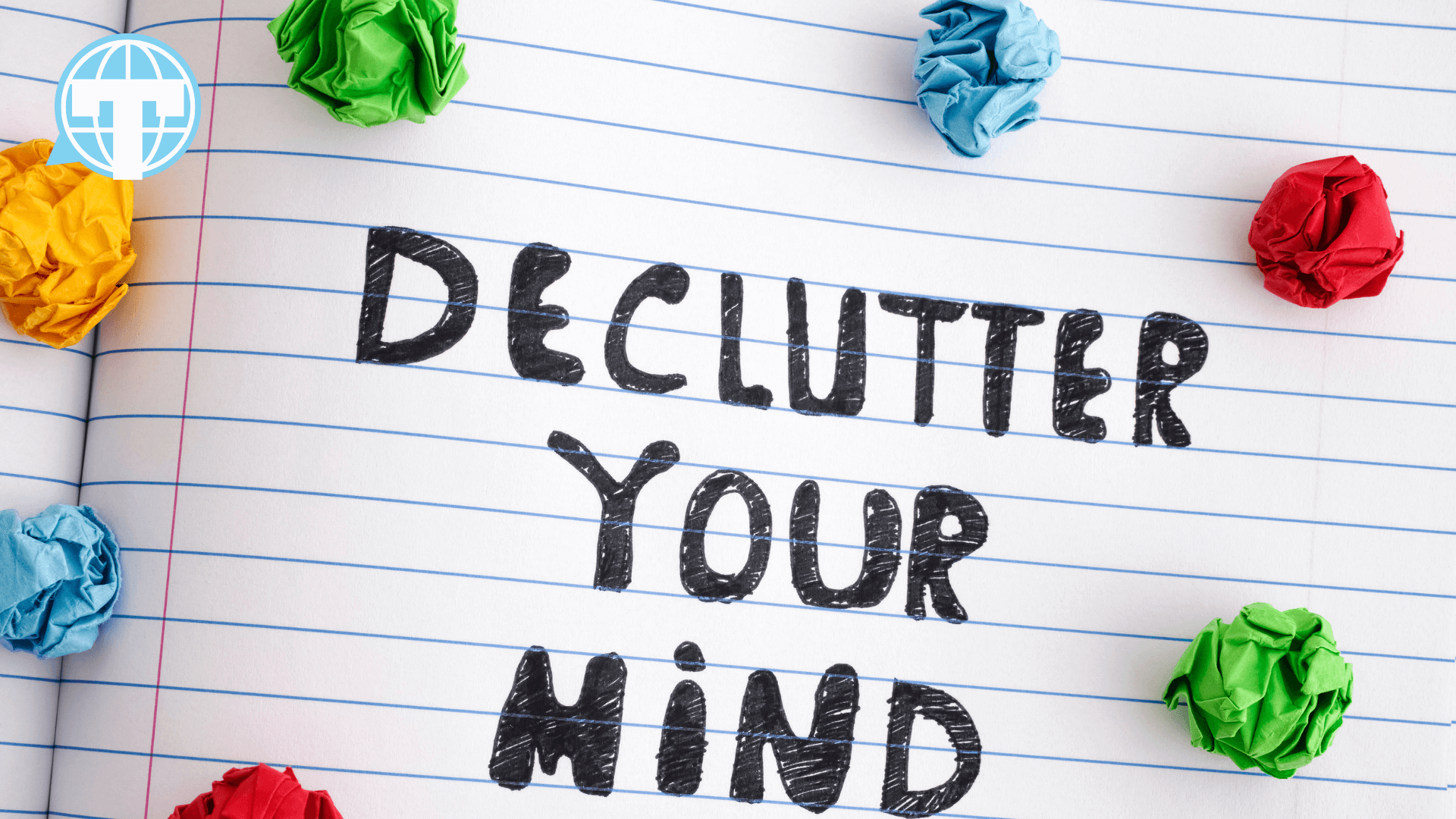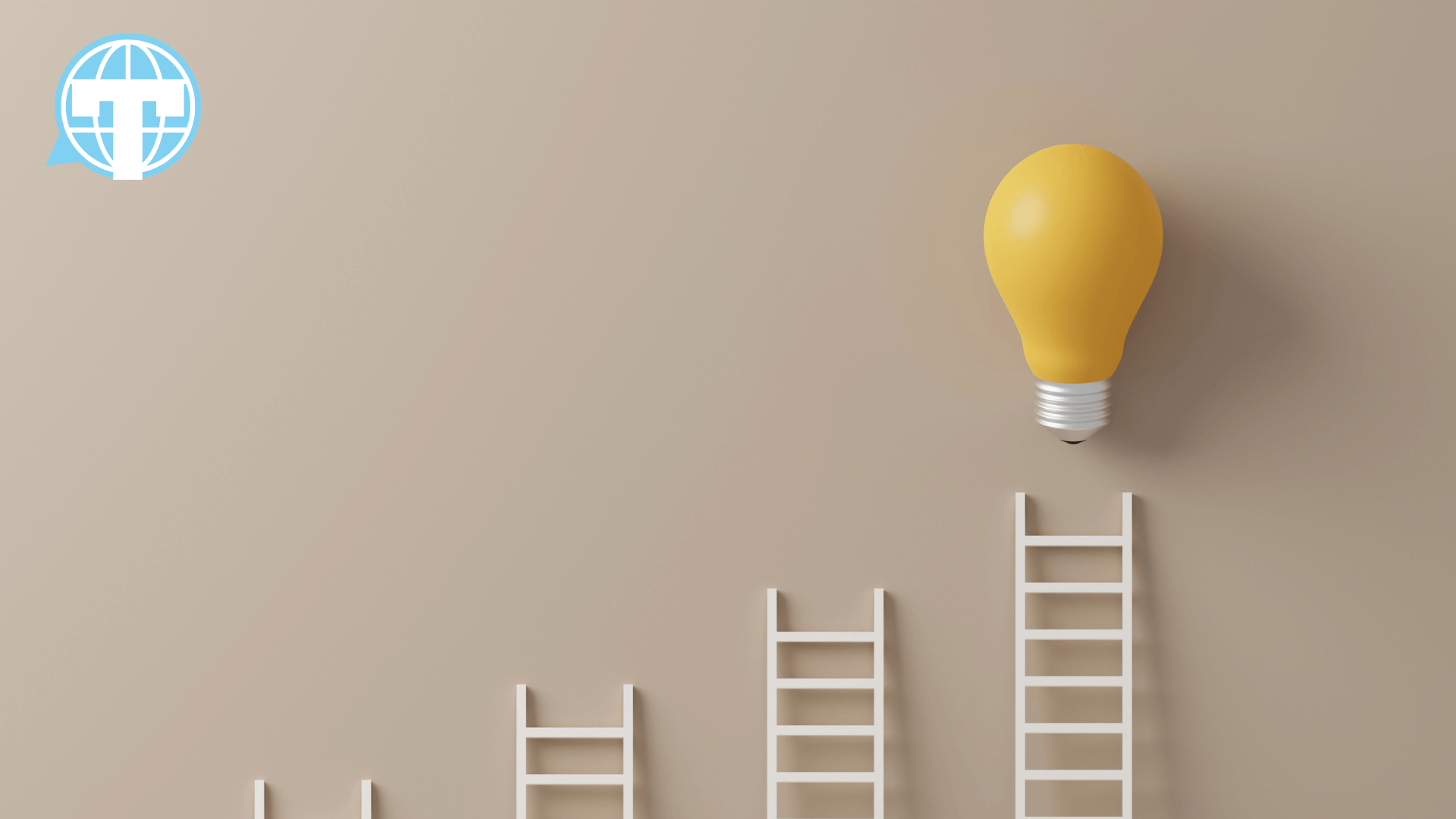Virtual Assistant Help & Insights
What Does a Virtual Assistant Do? 6 Powerful Tasks to Boost Your Business
What does a virtual assistant do? Learn the essential tasks VAs handle—like admin, social media, and design—so you can focus on growing your business.
Read MoreFind Your Perfect VA Match
Fill out the form below so we can connect you with a skilled Virtual Assistant based on your needs and goals.
How to Declutter Your Mind and Life: 10 Powerful Steps for Inner Peace

If you feel mentally exhausted, overwhelmed by clutter, or weighed down by endless tasks, you’re not alone. In today’s fast-paced world, distractions and obligations pile up quickly, leaving little room for clarity and calm. Learning how to declutter your mind and life is a powerful way to regain focus, reduce stress, and create balance. By simplifying your environment and managing your thoughts more intentionally, you can unlock space for peace, productivity, and personal growth. The American Institute of Stress confirms that simplifying daily routines and reducing clutter significantly lowers anxiety and supports long-term well-being.
Below are ten proven steps to guide you toward a more peaceful and intentional lifestyle.
1. Practice Daily Mindfulness
Mindfulness anchors your thoughts in the present moment, helping you avoid distractions from past regrets or future worries. According to the American Psychological Association, practicing mindfulness reduces stress and enhances concentration.
- Start with a short meditation session.
- Use mindful breathing when stress arises.
Think of mindfulness as a “reset button” for your mind—removing mental clutter so you can see situations more clearly.
2. Limit Digital Overload
Emails, notifications, and social media often create more stress than connection. Digital clutter overwhelms your brain with unnecessary information. Reduce it by:
- Turning off non-essential notifications.
- Creating set times to check email or social platforms.
Research in Environment and Behavior Journal suggests that constant digital distractions lower productivity and increase fatigue. Treat your phone like a tool, not a constant companion.
3. Create a Decluttered Physical Space
Your physical surroundings influence your mental clarity. A study in Personality and Social Psychology Bulletin found that cluttered homes increase cortisol, the body’s main stress hormone. Begin by organizing one area—your desk, a drawer, or a closet. Apply the “one in, one out” rule to maintain order. A tidy environment naturally encourages a calmer state of mind.
4. Write Things Down Instead of Holding Them In
Mental clutter grows when you try to remember everything. Writing down tasks, thoughts, or worries frees up mental space. Studies from the University of California, Berkeley reveal that journaling reduces anxiety and improves sleep quality. Keep a “brain dump” notebook nearby to release lingering thoughts before they become overwhelming.
5. Prioritize What Truly Matters
Overcommitment is one of the fastest ways to create chaos. Use the Eisenhower Matrix to separate urgent tasks from important ones. Focus on what aligns with your goals, and delegate or remove the rest. Before agreeing to new commitments, ask yourself: If I say yes to this, what must I give up? This simple reflection ensures your time supports your priorities.
6. Build Healthy Daily Habits
Routines reduce decision fatigue, freeing your mind for meaningful activities. Habits like exercise, balanced nutrition, and consistent sleep patterns promote mental clarity and resilience. For additional guidance, see Habits That Change Your Life: 7 Powerful Ways to Transform in 2025.
7. Practice Mental Detox Through Reflection
Reflection is a form of mental decluttering. Evening journaling or gratitude practice helps you process the day and release stress. Harvard Health Publishing reports that gratitude journaling improves optimism and supports emotional well-being. Pair this practice with a calming ritual, such as a cup of tea or relaxing music, to signal to your brain that it is time to unwind.
8. Reduce Information Overload
In a world of nonstop news and social feeds, we often consume more than we can process. To reduce information clutter, be selective about your sources. Reliable outlets like the Mayo Clinic provide credible insights without overwhelming you. Setting a daily limit on information intake prevents overstimulation and protects your focus.
9. Set Boundaries for a Balanced Life
Mental clutter often comes from saying “yes” too often. Boundaries protect your energy and ensure balance. Communicate your limits clearly with others, whether at work or in personal life. A simple, polite response such as “I appreciate this, but I can’t commit right now” helps maintain peace without guilt.
10. Practice Letting Go
True decluttering goes beyond physical items—it includes letting go of regrets, toxic relationships, and outdated goals. According to the Mayo Clinic, practicing forgiveness and emotional release supports healthier mental states and even improves longevity. When faced with clutter, ask: Does keeping this add value to my life? If the answer is no, release it.
Conclusion
Learning how to declutter your mind and life is not about perfection—it’s about creating intentional space for clarity, joy, and growth. By practicing mindfulness, reducing digital and physical clutter, and building healthier habits, you can achieve balance and peace of mind. Each small step creates room for focus, productivity, and a more meaningful life.
When you remove the unnecessary, you make space for what truly matters.
Related Articles
How to Change Your Thinking: 7 Powerful Steps to Transform Your Life in 2025
Learn how to change your thinking with 7 practical steps to reframe your mindset, build positivity, and create lasting life...
Read MoreWhat to Write About in a Journal: 15 Powerful Ideas for Self Reflection
Learn what to write about in a journal with 15 powerful ideas that boost self-reflection, clarity, and growth. Start meaningful...
Read MoreHow to Improve Your Mindset Daily: 7 Powerful Habits for Success in 2025
Learn how to improve your mindset daily with 7 powerful habits that build resilience, focus, and lasting success in 2025.
Read MoreHow to Minimalist Your Life: 7 Powerful Steps for a Stress-Free 2025
Discover how to minimalist your life in 7 steps for a stress-free 2025. Simplify, declutter, and thrive with proven strategies...
Read More



